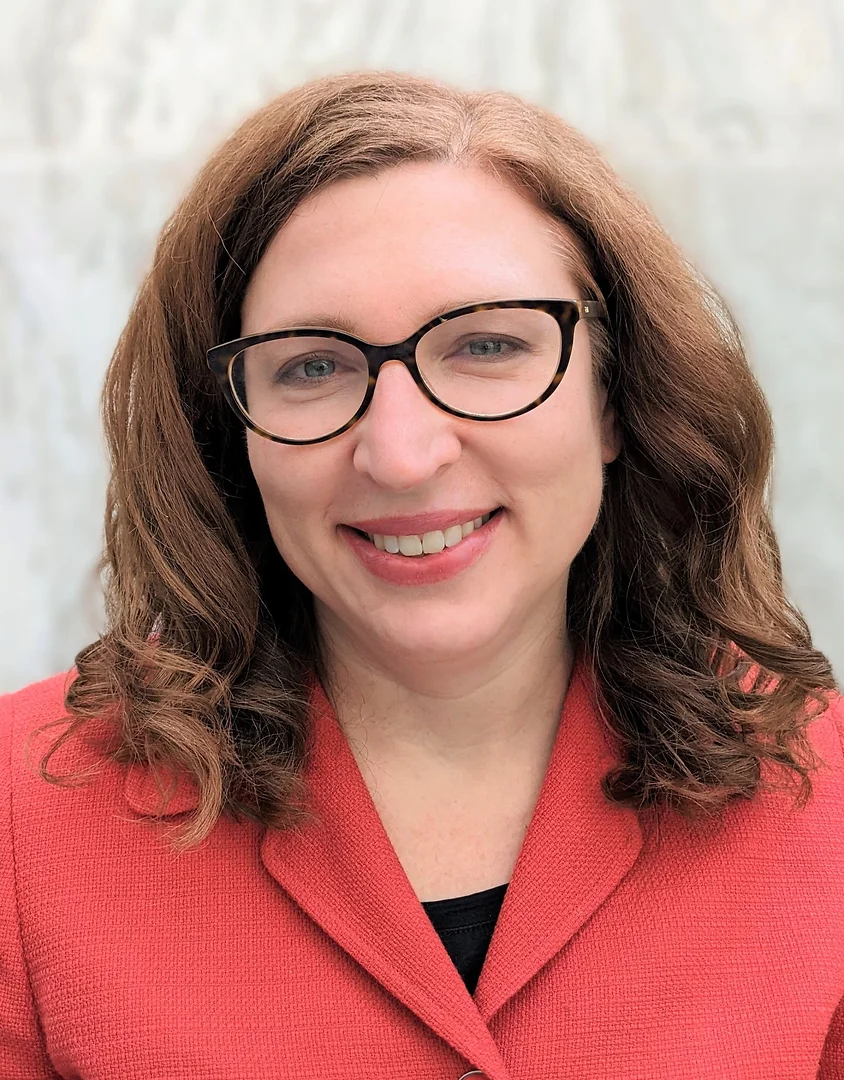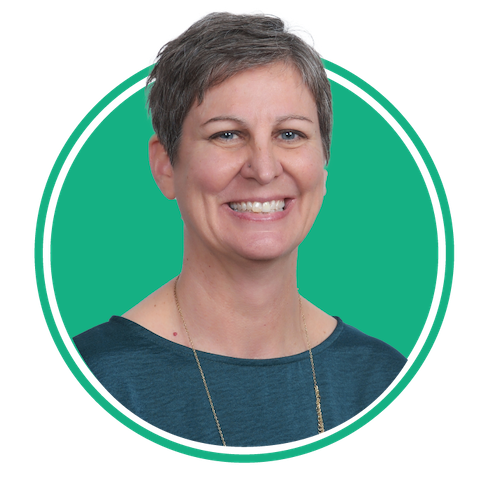Preparation for the OR Legislative Session
Posted by Pam Leavitt on January 25, 2024

The 2024 Legislative Session is just around the corner. It will begin on Monday, February 5 and it will conclude no later than Sunday, March 10. In addition to balancing the budget, short sessions tend to be the Legislature’s opportunity to make technical fixes or improvements to previously passed legislation. This means we can expect to see a lot of “technical fix” or “omnibus” bills that clean up language in statute that isn’t quite right, doesn’t align with original intent, or cannot be implemented as written.
The main goal of a short session is to balance the state’s budget. While recent revenue forecasts have continued to show upward momentum and a stabilizing economy, state leaders are preparing for a tightening financial reality. We’ll have a better sense of how much money is available to spend after the next revenue forecast on February 7.
The week, the members of the Oregon House Democratic Caucus selected House Majority Leader Julie Fahey as their nominee for Speaker of the House, a position that will be filled by a vote of the full House chamber when Speaker Dan Rayfield ends his term as Speaker.
Earlier in the day, Speaker Rayfield shared a letter with legislators announcing his intention to remain Speaker through the February legislative session, and for the chamber to elect a new Speaker at the conclusion of the five-week session. Speaker Rayfield plans to continue representing House District 16 through the end of the current term. House Democrats also elected Rep. David Gomberg to serve as Assistant Majority Leader.
The 35-day legislative session begins on February 5 and will be focused on addressing the urgent needs facing the state: Housing and homelessness, addiction and behavioral health, and public safety. The GoWest Credit Union Association is working in a coalition to supporting a fund package for Individual Development Accounts (IDAs). The Oregon Individual Development Account (IDA) Initiative helps build hope for Oregonians with low incomes by providing matched savings opportunities, information about financial systems, and coaching that meets savers where they are at and supports their financial goals. An IDA is a special account in a financial institution that helps low-income individuals save for education, the purchase of a first home, or to start a business. The $10-$12M general fund investment will empower an additional 600-720 families across the state to invest in their own futures through IDAs.
Posted in Advocacy on the Move, Oregon Advocacy.





















